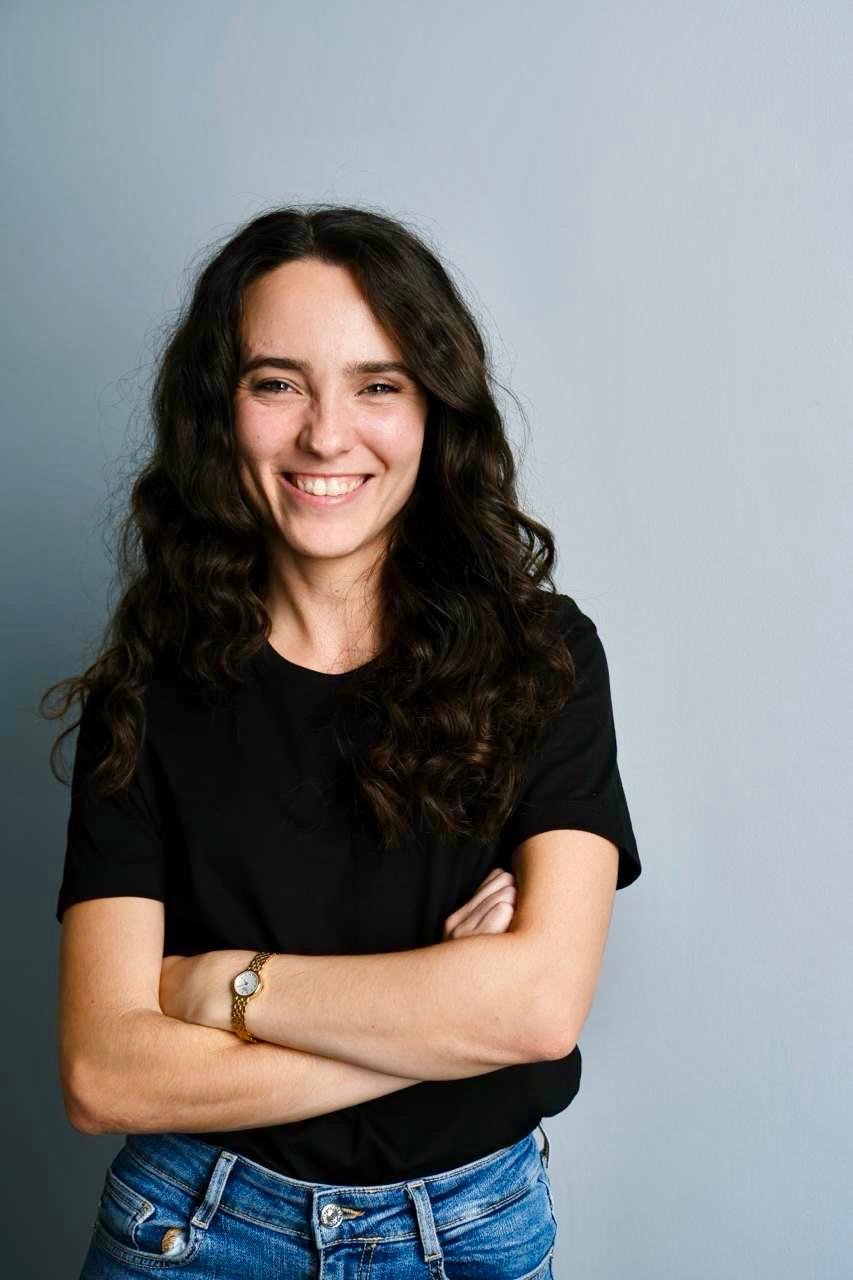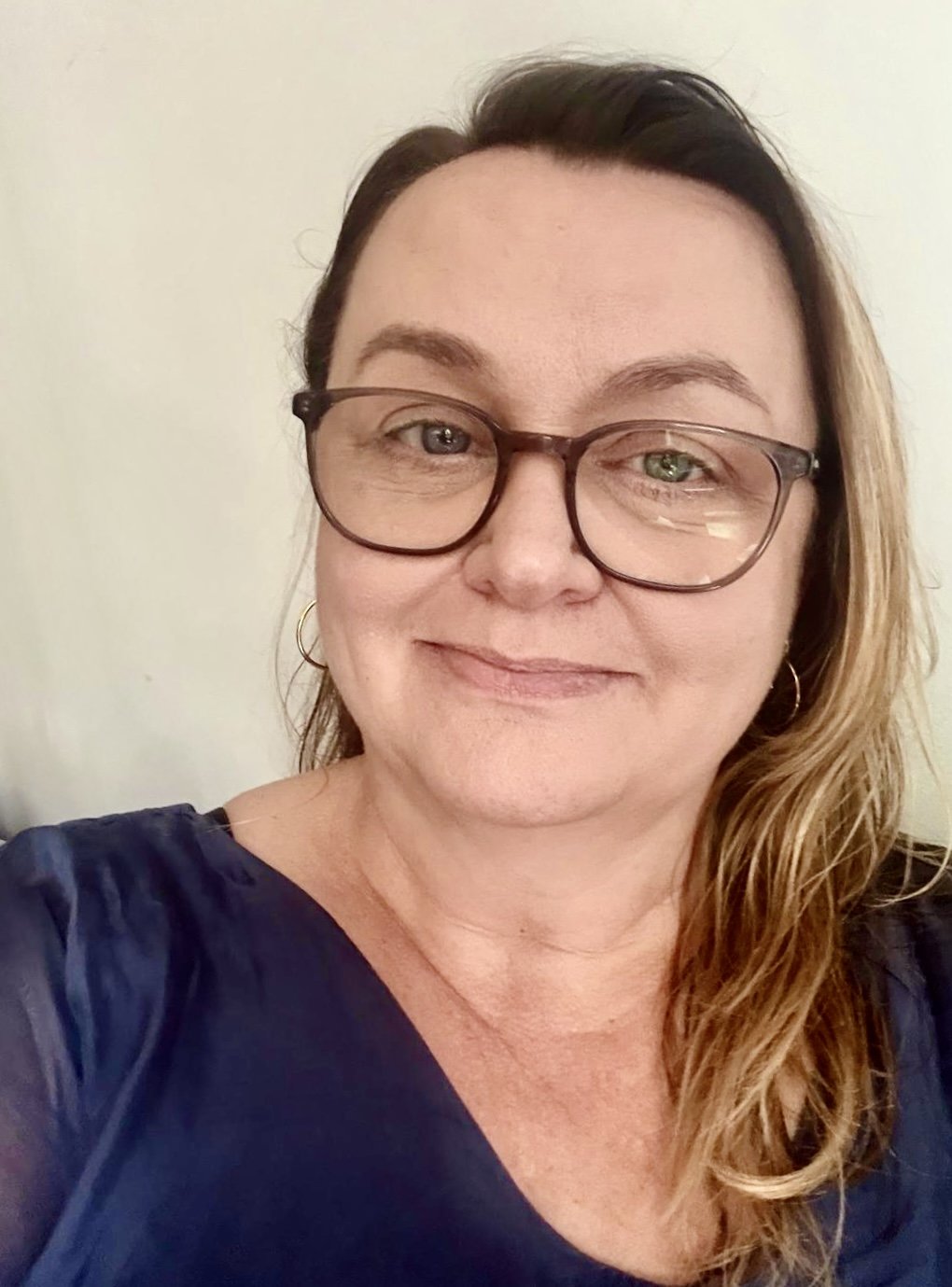Adolescent Therapy in Blackheath Village and Online
Supporting teenagers through life’s challenges with care, experience, and compassion.
Being a teenager is complicated. One day you're feeling confident and capable, the next you're overwhelmed by everything from school pressure to friendship drama to figuring out who you're supposed to be. It's a time of incredible growth, but also genuine struggle, and sometimes young people need more support than friends or family can provide.
Adolescence brings unique challenges. You might be dealing with anxiety that feels overwhelming, low mood that won't shift, friendship conflicts that feel devastating, or family relationships that have become tense and difficult. These experiences are real and valid, and they don't have to be faced alone.
At Heathwell, we understand that teenagers aren't just smaller adults. They're navigating a distinct developmental stage with its own complexities. We offer specialist adolescent counselling for young people aged 12 and up, both in-person at our Blackheath clinic and online.
Our experienced therapists work directly with young people in a way that feels genuine and respectful. We also collaborate with parents or carers when helpful, recognising that families often need support in understanding and responding to the changes that adolescence brings.
Counselling provides a confidential space where young people can explore what they're experiencing, develop practical tools for managing difficult emotions, and build the resilience that will serve them well into adulthood.
What is adolescent therapy and how can it help?
What is adolescent therapy and how can it help?
Adolescent therapy is designed specifically for young people navigating the unique challenges of teenage years. It's different from adult therapy because teenagers are dealing with rapid physical, emotional, and social changes while still developing their sense of identity and independence.
Unlike talking to friends or family, therapy offers a completely confidential space where young people can express themselves honestly without worrying about judgment, disappointing anyone, or having their words shared with others. It's a place to make sense of confusing feelings, work through difficult situations, and develop tools for managing whatever life throws at them.

Common reasons young people seek therapy:
• Anxiety that feels overwhelming or stops them from doing things they want to do
• Depression, low mood, or feeling empty and disconnected
• Self-harm or thoughts of suicide
• Friendship conflicts, bullying, or feeling socially isolated
• Family relationships that have become tense or difficult
• Academic pressure and stress about the future
• Identity questions around sexuality, gender, or who they want to be
• Eating difficulties or body image concerns
• Grief and loss, whether of a person, relationship, or life change
• Trauma from past experiences that's affecting their daily life
What to expect
Sessions are typically 50 minutes and happen weekly or fortnightly, depending on what works best. We work at the young person's pace - some teenagers want to dive straight into talking about difficult topics, while others need time to build trust and feel comfortable.
Therapy for adolescents is collaborative. We don't tell young people what to do or try to "fix" them. Instead, we help them understand their own experiences, develop coping strategies, and make decisions that feel right for them.
Confidentiality and family involvement
What young people share in therapy is confidential, with some important exceptions around safety. We'll always explain the limits of confidentiality clearly at the start.
Sometimes it's helpful to involve parents or carers in some sessions, particularly when family relationships are part of what's being worked on. But this always happens with the young person's knowledge and, wherever possible, their agreement.
Our therapists’ approach
We understand that teenagers aren't just smaller adults, they're dealing with unique developmental challenges while still learning who they are. Our therapists bring years of training and experience in working with young people and use approaches that feel engaging and relevant rather than patronising or overly clinical.
The goal is to help young people develop emotional resilience, healthy coping strategies, and a stronger sense of themselves that will serve them well as they move into adulthood.
Frequently Asked Questions about Adolescent Therapy
-
Some signs that professional support might be helpful include persistent changes in mood, behaviour, or functioning that last more than a few weeks. This might look like withdrawal from friends and activities, significant changes in sleep or appetite, declining school performance, increased conflict at home, or your teenager expressing feelings of hopelessness or thoughts of self-harm.
Sometimes the suggestion comes from others ie. teachers, school counsellors, GPs, or other professionals who work with your teenager may recommend therapy based on what they're observing. Trust your instincts. If you're concerned, or if others who know your teenager well are suggesting support, it's worth exploring.
-
Many parents worry their teenager won't open up, especially if they're not communicating much at home. Therapists are trained to work with reluctant young people and understand that building trust takes time. Often teenagers are more willing to talk to someone outside the family who isn't emotionally invested in their choices. We start where they are and go at their pace.
That said, sometimes teenagers genuinely don't engage despite our best efforts, and that's okay too. Even when this happens, it's often worth exploring what therapy could offer, sometimes just knowing the option is there, or having one conversation about what's available, can plant a seed for future help when they're more ready.
-
Almost everything your teenager shares is confidential, with important exceptions around immediate safety concerns, such as serious thoughts of suicide, self-harm that's dangerous, or disclosure of abuse. We explain these limits clearly at the start so everyone knows what to expect.
-
This depends on your teenager's age, the issues they're working on, and what they're comfortable with. Sometimes family sessions are helpful, particularly when family relationships are part of what's being addressed. We always discuss this openly and work out an approach that feels right for everyone involved.
However, our priority is that therapy remains a safe space for your teenager to explore their thoughts and feelings openly. Sometimes maintaining that safety requires keeping the therapeutic space separate from family involvement, at least initially. This isn't about excluding parents, but about ensuring your teenager feels they can speak freely without worry about how it might affect family relationships.
-
It's not unusual for teenagers to feel resistant initially. We can often work with some ambivalence, but therapy works best when young people feel they have some choice in the process. Sometimes starting with a one-off session to explore what therapy involves can help reduce anxiety about the unknown.
-
Many teenagers actually prefer online sessions, they can feel more comfortable in their own space and it removes barriers like transport. Online therapy can be just as effective as in-person work, though some young people do better with face-to-face contact. We can discuss what might work best for your teenager.
-
First, contact us and we'll match you with a therapist who has availability and feels like a good fit for your teenager's needs. The therapist will then arrange a consultation with the parent—this is online and free of charge. They may invite the young person to join this conversation, or they may speak only with the parent initially.
This consultation is an informal conversation for the therapist to understand your child's needs and for you to ask any questions you may have about the process, approach, or practicalities.
Following the consultation, the therapist will typically schedule an assessment session where they first meet your teenager. This is about getting to know each other, explaining how therapy works, discussing confidentiality, and beginning to explore what they'd like to get from the sessions. There's no pressure to share deeply personal information straight away, it's really about building rapport and understanding whether therapy feels like something that could be helpful.



